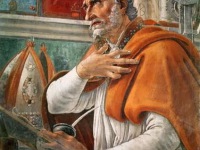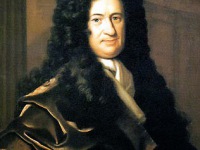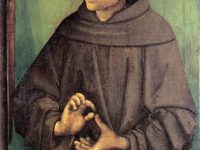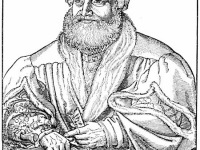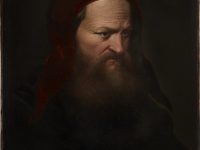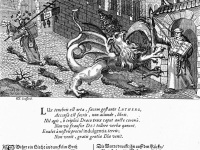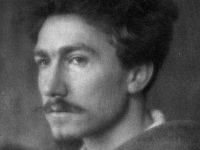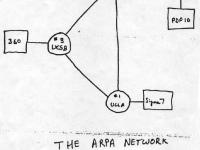Georgia O’Keeffe – Mother of American Modernism
On November 15, 1887, American artist Georgia Totto O’Keeffe was born. She was best known for her paintings of enlarged flowers, New York skyscrapers, and New Mexico landscapes. O’Keeffe has been recognized as the “Mother of American modernism“. ‘I have things in my head that are not like what anyone taught me – shapes and ideas so near to me, so natural to my way of being and thinking’ – Georgia O’Keeffe…
Read more


